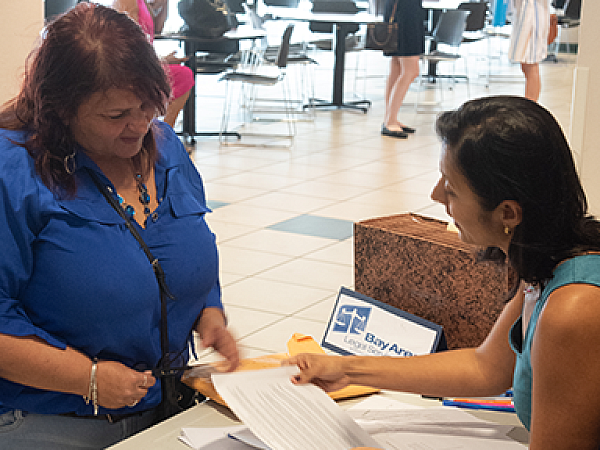What is a reverse mortgage?
A reverse mortgage is a loan available to homeowners, 62 years or older.
A reverse mortgage allows you to use part of the equity in your home to pay off a traditional mortgage or get money. You might receive money one time or in payments. You do not make monthly payments like with a traditional mortgage. Instead, you are not required to pay back the loan until the home is sold or you no longer live there.
You must remain current on property taxes, homeowner’s insurance, and homeowner’s association dues. The property must be your primary home and you must not owe a federal debt (like unpaid taxes). You must be on the title/deed to the property (although you do not have to be the sole owner). The property must pass an inspection. You might have to make repairs to get a reverse mortgage.
Reverse mortgages are only approved after payment of high closing costs. You also might have to set aside enough money to pay property taxes and insurance for the life of the loan. This amount is based on how long the youngest borrower or spouse is expected to live. You can pay this amount or – if you have enough equity in your home – it can be taken from the payout amount.
Once you have a reverse mortgage, the loan balance increases each year from interest, monthly service fees, and mortgage insurance.
The lender can take the property away from you for defaults (described in the mortgage terms) that aren't fixed. Common defaults include not living in the property and not making necessary repairs.
Upcoming Legal Clinics
Apply for Services
Apply by phone Monday-Friday, 9 a.m.-4:30 p.m., or apply online anytime for non-emergency legal matters. Language interpreters are available to you at no cost.
Bay Area Legal Services
If you live or have a case in Hillsborough, Pasco, Pinellas, Manatee, or Sarasota counties, we may be able to help.
Statewide Legal Helplines
If you live or have a case in Florida, we may be able to help.
